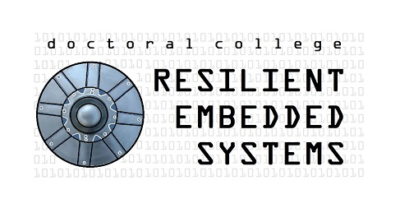Supervisor: Muhammad Shafique
Hardware and Software Architectures for Energy-Efficient Smart Healthcare Systems
The Internet of Things (IoT) revolution has fundamentally modified the way humans interact with objects, or “things”, and their surrounding by embedding sensors, components, software, and other technologies that enable them to transmit and receive data to/from the user over the Internet. The applicability of this disruptive technology has already been explored in various applications and domains like home automation, transportation, manufacturing, agriculture, energy-grids, and more recently in medicine and healthcare. The Internet of Medical Things (IoMT), or smart healthcare, involves collecting medical and health data, which can be analyzed and processed to extract relevant information that can be used to improve the quality of life of its users. The current generation of IoMT systems involves a convergence of multiple state-of-the-art technological advancements in embedded systems, biomedical sensors, realtime analytics, and artificial intelligence. Each new technological advancement, which enriches the IoMT ecosystem with new features, faces a wide-range of research challenges when it comes to their deployability in the real-world. For instance, the edge devices, which are responsible for collecting the health data, are required to be highly energy-efficient, in order to process and securely transmit the data to the cloud while ensuring long lifetimes. Similarly, the edge devices are highly resource-constrained, which needs to be taken into consideration while designing and executing the software architecture stack. In this research work, we aim to outline a few of the research challenges in the hardware and software layers associated with the domain and propose measures which can enable us to realize the complete potential of the next generation of advancements in smart healthcare systems.
